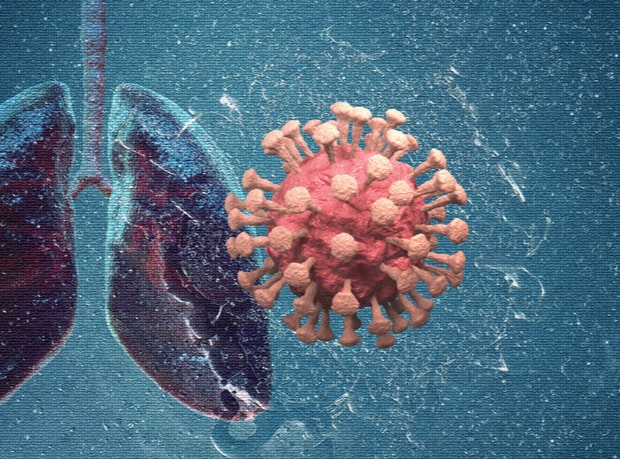The platform will be used in the diagnosis and treatment of cancers such as lung and brain tumors.
A new international study led by researchers at King’s College London (KCL) is developing a radiotherapy platform called ‘SMARTdrugs’ to diagnose and treat aggressive cancers.
The research, in collaboration with partners in Munich, Zurich, San Sebastián and Utrecht, has been awarded a Pathfinder Open Grant of around €4 million from the European Innovation Council.
Malignant tumors, such as lung and brain tumors, occur when the rate at which a tumor grows is influenced by its genetic makeup and the rate at which cells divide.
The researchers aim to create a supramolecular compound that could replace the current standard of directly attaching radionuclides to drug molecules, allowing clinicians to visualize key features of tumours using medical imaging systems.
Supramolecular compounds offer greater control over their size, shape and other biochemical properties than other large molecules such as proteins, which determine how effectively new compounds function within human tissues.
In KCL’s School of Biomedical Engineering and Imaging Sciences (BEIS), researchers will investigate how new drugs could improve the treatment of lung cancer.
Currently the number one cause of cancer deaths worldwide, lung cancer begins with the proliferation of cells in the lungs. In 2020, there were more than 2.2 million new cases of the disease.
Dr Tim Whitney, research project leader at KCL BEIS, molecular imaging expert and Wellcome Trust senior research fellow, said: “We are developing an entirely new strategy to improve the situation for patients diagnosed with an aggressive cancer that unfortunately currently has a very poor prognosis.
“Most people associate radiation with danger, but here we are using its unique properties to kill cancer cells.”
In April of this year, KCL’s PharosAI project received It has been awarded £100,000 in funding from the Department for Science, Technology and Innovation as part of its Research Venture Catalyst programme to develop a platform to facilitate artificial intelligence-assisted healthcare for cancer diagnosis.







